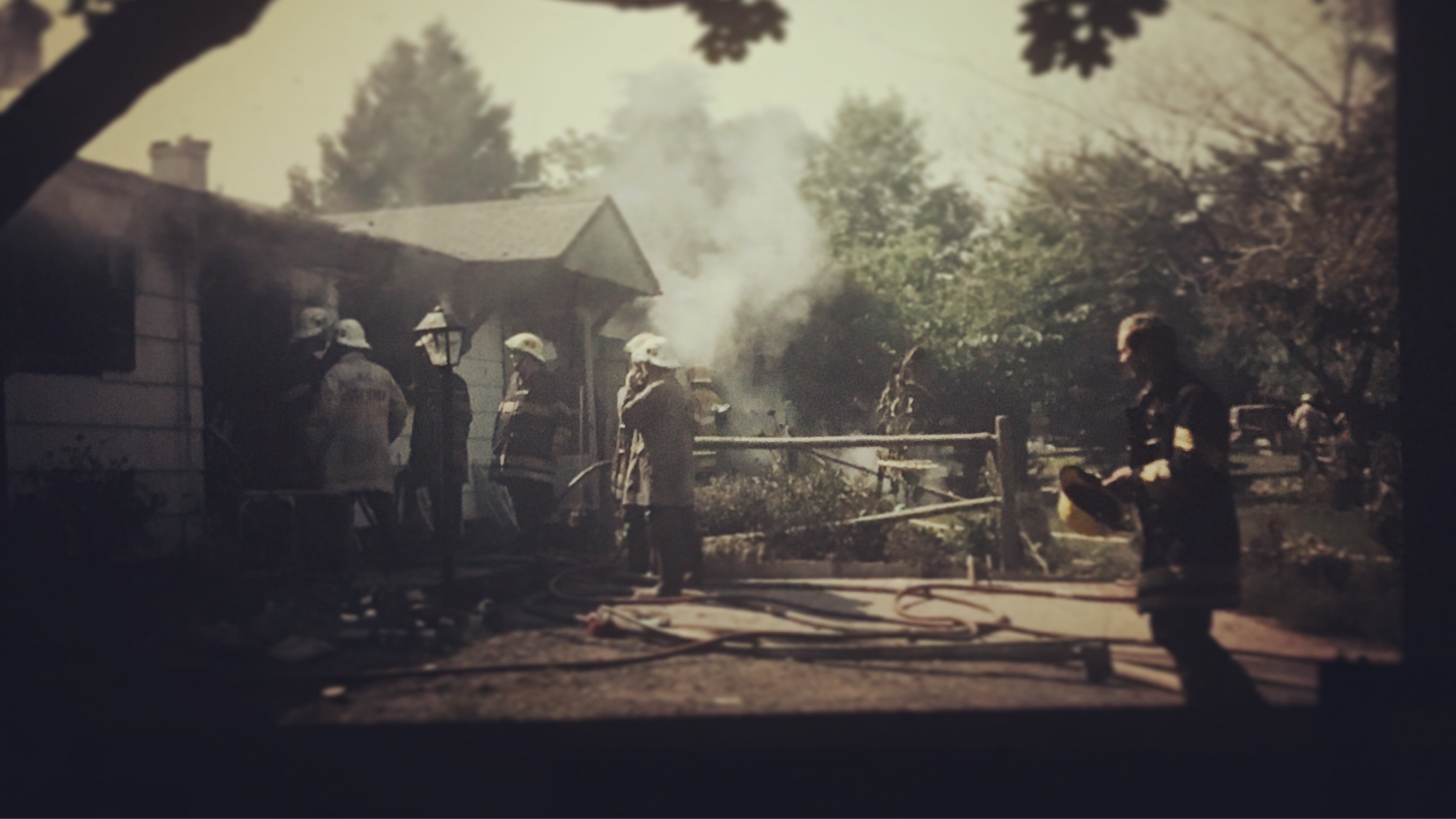This year's Portland International Film Festival is defined by its many adjustments, since the pandemic has necessitated drive-in screenings and a virtual slate.
But there is another significant development, not nearly so compulsory: The festival's 44th year marks the first time content has been selected by outside organizers. Guest curators for 2021 include Gina Duncan of the Sundance Film Festival, Jim Kolmar of South by Southwest, producer Shrihari Sathe and filmmaker Jane Schoenbrun.
"I just think it was high time to invite more folks to the dinner table," says NW Film Center director Amy Dotson. "The days of having one or two folks tell us what's culture or what's good, that just doesn't seem fair."
The result is a PIFF lineup as internationally diverse as ever, but with perhaps a greater emphasis on experimentation. No "high school rules," says Dotson, when it comes to carving out genres or defining cinema.
Available to stream through March 14, these were our favorite entries from a PIFF with an all-new approach.
Where There's Smoke
Lance Weiler describes his interactive narrative piece by what it almost is, but isn't quite. Where There's Smoke might feel fleetingly akin to a documentary, an immersive theater production or a digital art installation as visitors navigate this digital memory piece. At its core, Weiler interviews his late father about the family's firefighting tradition and the ominous blaze that once claimed the Weiler's family home. Using repurposed online tools like Zoom and Miro, viewers navigate Weiler's teeming psychological map, interrogating fellow travelers and poking around personal archives on a 30-minute timer. There is one remaining virtual event at noon on March 13.
Chasing Childhood and Through the Night
Since PIFF passholders have on-demand access to all available films, try this double feature of documentaries exploring both the pressurized and splintered realities of raising kids in America. First, Chasing Childhood lends specifics and expertise to a largely anecdotal issue: From kindergarten through high school, many children simultaneously face overprotection and rigorous parental demands. Take it from Stanford admissions officials and Long Island school superintendents, treating youth as a mere audition for adulthood cripples both stages of life.
Then, Through the Night examines three mothers without the time or means to even attempt helicopter parenting. At a 24-hour day care in New Rochelle, N.Y., childhood still exists, but it's the definition of family that takes on new shapes and burdens. The saintly patience and (almost) boundless energy of Deloris and Patrick Hogan is an ode to the helpers of the world. But why does child care look less like a professional arrangement and more like an unraveling safety net?
Identifying Features
In Fernanda Valadez's acclaimed debut feature, violence near the Mexico-U.S. border prompts a mother to turn detective to follow the faintest trail of her missing son. With ensnaring sound design and a deft balance of clinical details with epic execution, Identifying Features wades into a crisis in which poor families, hamstrung governments and roving cartels are all, in their own ways, agents of disappearance. The recently deported Miguel (David Illescas) perhaps best sums up his generation of young men perpetually running away: "We all look the same from behind."
Shiva Baby
Emma Seligman's screwball comedy crams three hours of smack and small talk into 75 minutes, but against all odds, its social observations are nearly played for horror. A listless college student (Rachel Sennott) winds up at a suburban shiva where she faces legions of acquaintances and family members seeking life updates. Absent any professional or romantic news that wouldn't scandalize the wake, she postures her way into disturbed, hilarious corners.
A Son
After their child suffers a life-threatening injury, a Tunisian couple hits an expected snag in seeking an organ donor. If that description brings to mind a deeply unpleasant medical melodrama, director Mehdi Barsaoui excels at instilling new and competing conflicts throughout A Son, crisscrossing narrative ropes so that the tension between parents Fares and Meriem tightens from multiple directions. Set in Tunisia on the brink of its Arab Spring revolution, ethics, pride and political opportunism race against a failing liver.
Best of the Rest
Air Conditioner (Angola)
Sugar Daddy (Canada)
There Is No Evil (Iran)
Bittu (India)
SEE IT: Portland International Film Festival programming is available at cinemaunbound.org through March 14. Festival passes cost $75-$350. Individual tickets are $9.

